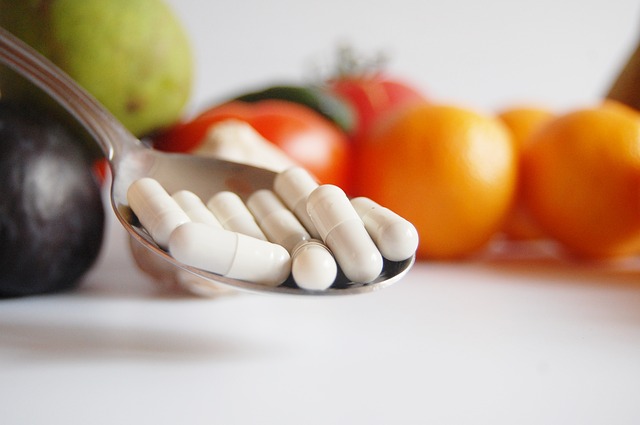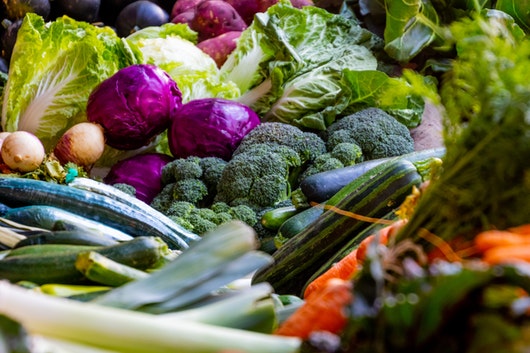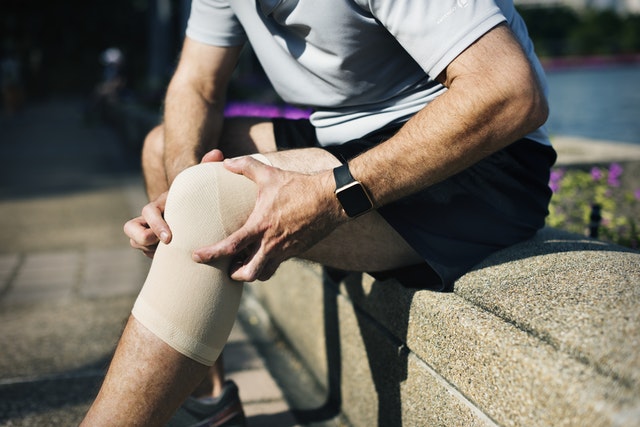How to Avoid Getting Sick When You Travel
Traveling to different places, whether for business or leisure, can provide a good break from daily routine and rejuvenate the mind and body.
But to make the most of your traveling opportunity, you must ensure not to fall sick while you are away from home or on the move.
Your entire purpose of travel could be defeated if you get a flu, an infection, or worse, a gastroenteritis issue. Fortunately, there are precautions and measures that can protect you while traveling. It ranges from maintaining hygiene to avoiding questionable food options.
1. Wash Your Hands
Everyone knows that proper hygiene and washing hands before every meal is vital to good health. But it is surprising how many people forget to wash before eating when traveling.
It can be difficult to find clean water and soap in many eateries if you are traveling to exotic locations. But do you really want to eat at such an establishment? Anyway, the quick fix to this situation could ne to carry a hand sanitizer with you everywhere you go.
2. Be Careful against Contracting an Infection
Germs are everywhere right from the airplane seatback pockets to your hotel toothbrush stand. In fact, airplanes can often be unhygienic with a perception of cleanliness. The average airline cleans far less frequently than you think.
Never touch your mouth, lips, or nose till you have had a chance of washing your hands or at least sanitizing it. Be wary of taxi seats as well, especially if you are traveling to countries not best known for clean transport systems.
3. Drink from a Bottle
It is never a bad idea to drink water from your handy bottle if you do not trust a restaurant or another place for their quality of water. You should make it a practice of drinking only bottled water when you travel.
Even if you are just traveling to the other side of country, it is best to refrain from drinking tap water. The logic is simple. Your stomach is not used to the different bacteria and microorganisms present in the water. It might cause ailments like diarrhea, nausea, and vomiting and this has nothing to do with watching The Last Jedi or Iron Man 2!
If you are traveling abroad for a long stay, it is best to get accustomed to local water before you start drinking it from the tap.
Many countries do not have safe tap water at all for drinking. While buying a packaged water bottle, make sure the seal is intact. You should also use bottled water to brush your teeth. If you do not like spending on water, then you could easily invest in a water bottle with a built-in filter.
4. Food Contamination Risks
Food that looks good, tastes good is not necessarily good for your tummy. Food contamination is among the biggest causes of falling sick while traveling. Sometimes, mouthwatering delicacies can be just too tempting to resist. However, resist you must, if you do not want to spend the remainder of the vacation clutching your stomach.
Never eat at an unknown or remotely located restaurant that is not frequented by travelers. Spoiled or stale food can severely cripple your travel.
Another way to gauge freshness of food is to check whether locals are eating regularly at a place or not. Restaurants that are favored by locals are less likely to serve tainted food. High turnover indicates that the food is fresh.
Street foods are great options as you can witness firsthand whether hygiene is maintained or not. Make sure the person handling food wears gloves. Look for other good signs of hygiene. There should be no raw food left out in the open. A separate person should be handling the cash counter.
You need to be particularly wary of buffet meals while traveling. These are typically raw, undercooked, re-heated or stale food. You can minimize the risk of falling sick by avoiding fish, poultry and other meat options.
5. Eat Familiar Food
People might tell you to dry different cuisines. It might be a good idea to try eating a few local options. However, giving your body something familiar is a good way to maintain balance. You should absolutely not miss out on the pleasure of diving into local food and experiencing unique flavors and textures.
At the same time, you need to prevent food intolerance that occurs when you overwhelm your system.
Food intolerance refers to digestive system issues in which the gut is unable to properly digest food. This usually happens when you introduce something new and different that irritates the digestive tract. This can lead to a series of problem like gas, stomach cramps, vomiting heartburn and excruciating pain.
6. Use Protection against Sun
Sunburn can be a serious dampener on your vacation. Never forget to lather on the sunscreen when you head out. If travelling to a beach location, make sure you always re-apply the sunscreen when you come out from a swim. A sunscreen of SPF 30 and above that protects from UV radiations is recommended.
Sun protection goes beyond protecting your skin. You need to keep yourself hydrated. This means refreshing long tall glasses of plain water. Alcohol, beer, cocktails, and coffee does not help you stay hydrated. You must also invest in a cap or a hat and loose fitting clothes if you are visiting a tropical climate.
Dehydration can set in very quickly and the next step is heatstroke.
7. Get Vaccinations
Getting inoculated is the most common prevention against sickness when traveling abroad. However, there is no ‘one’ vaccine that makes you safe for all the diseases present out there. You need to do a complete and thorough research of getting the right vaccines that are relevant to the country you are traveling to.
Some vaccinations such as the ones for meningococcal disease, yellow fever and polio are required before you undertake foreign travel to countries where these are prevalent. Other vaccinations are recommended and include rabies, Hepatitis A, typhus, cholera, Japanese encephalitis, among others.
8. Take Antimalarials
If you are traveling to a place where there is a high risk of malaria, then taking antimalarial medications is the responsible thing to do. These medications come with their own series of side-effects. However, it is better than succumbing to a mosquito bite.
Making the Right Decisions
These simple steps can significantly reduce your risk of falling sick on your travels. There are many other preventative measures you can take such as wiping hands with a sanitizer and tissue, staying physically active, getting plenty of sleep, and taking immunity boosters.
Make sure you take full control of your travel by preparing ahead. And never forget to carry your travel medicine box with handy first aid supplies.




